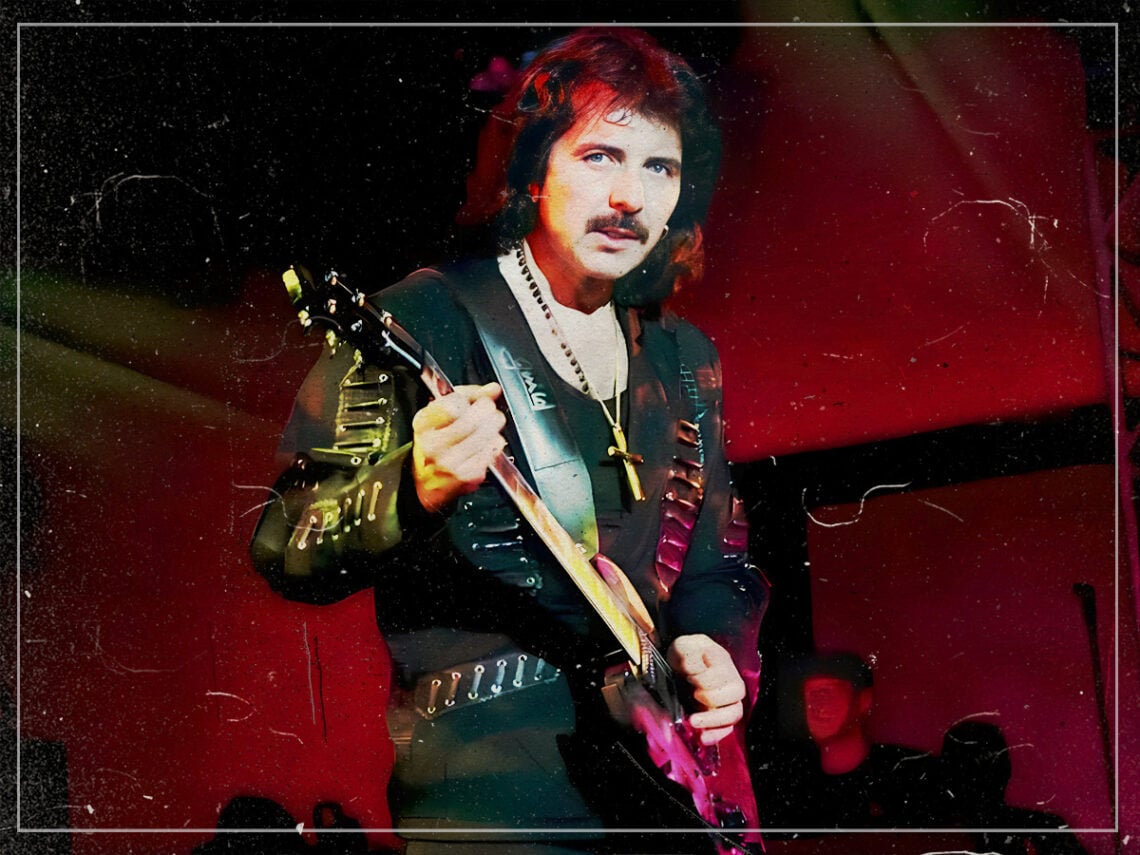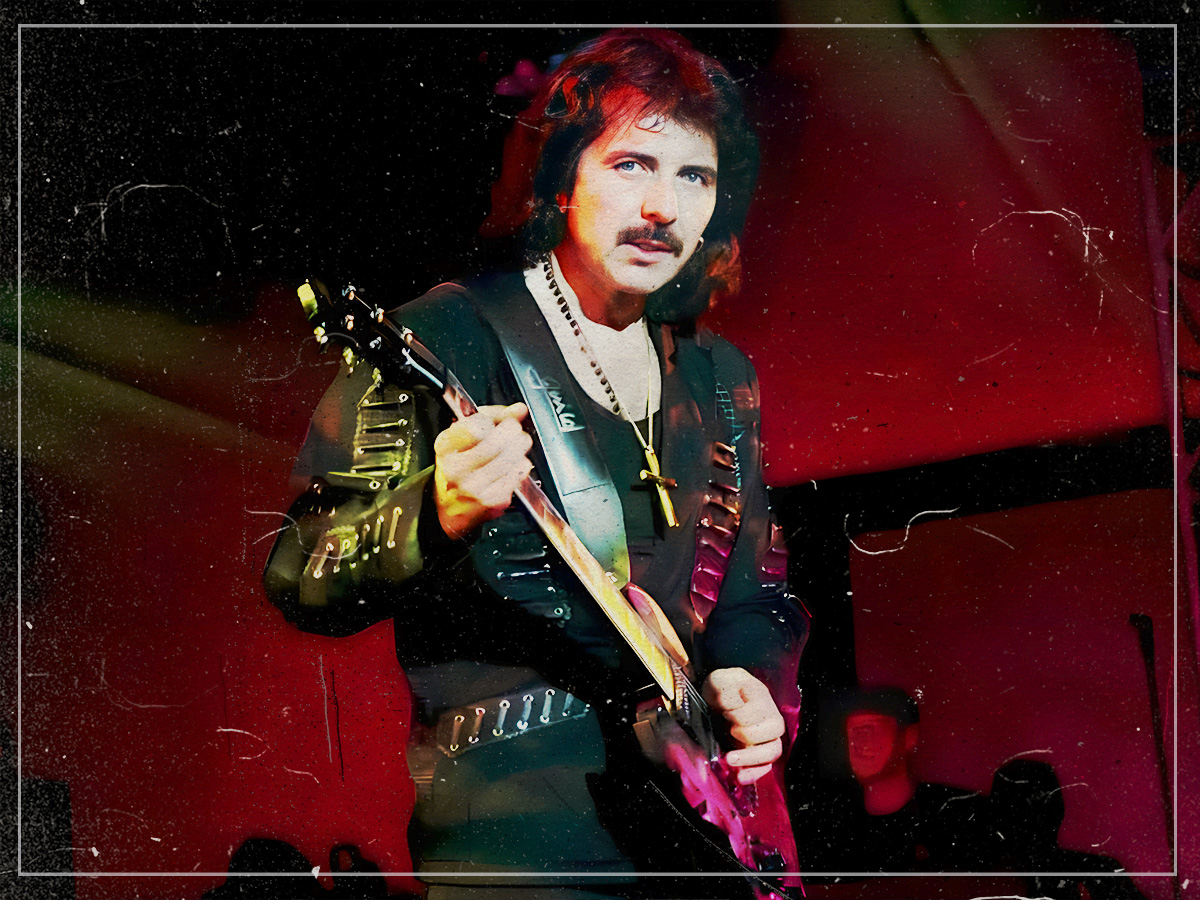
(Credits: Far Out / Alamy)
Fri 15 August 2025 14:00, UK
Nothing lasts forever, especially within the fast-paced environment of the music industry. As time marches on by, only those willing to adapt and develop their sound seem to survive, without sinking away into the depths of artistic obscurity.
Take Black Sabbath, for instance; the Birmingham band were utterly instrumental in developing hard rock and metal back in the 1960s. With a distinctly abrasive sound that offered something entirely different to the hippy-dippy sounds of the counterculture era, capturing the dark spirit of industrialism in England, the Ozzy Osbourne-fronted group were among the most influential rock outfits to ever grace the airwaves. However, that success and adoration only lasted so long before the wheels started to fall off the band.
Admittedly, the issues faced by an ageing Black Sabbath weren’t entirely musical. Anthems like ‘War Pigs’ and ‘Paranoid’ had brought the band a degree of mainstream attention and although that alone didn’t do much to damage the songwriting quality of the outfit, it did bring with it a lot of new influences. Namely, the band’s success brought with it copious amounts of money, booze, and drugs. Inevitably, these influences caused more than a little instability within the group.
In particular, drugs and alcohol made Ozzy Osbourne incredibly unpredictable, which is not necessarily a quality you want in your frontman. This sporadic nature eventually caused the singer to leave the band in 1977, only to rejoin shortly thereafter, before eventually being fired by Tony Iommi in 1979, owing to the extent of Osbourne’s drug habits. From the ember of this messy break-up came Ozzy’s incredible solo career and a new age for Black Sabbath, with James Dio taking on the leading role.
In hindsight, the Dio years were the beginning of the end for Sabbath. By the mid-1980s, Iommi was the only original member of the group left, and their output sounded very different from the beloved records they had released during the early years. A few decades later, once everybody had calmed down and sorted out their respective issues with drugs and alcohol, Black Sabbath reunited under their original line-up, opening up a second chapter for the hard rock progenitors.
Although Bill Ward didn’t last too long before, once again, leaving the group, the rest of the line-up began working on the 2013 record 13, offering a perfect bridge between the old-school Sabbath records that everybody adores and this modern era for the Birmingham outfit. “I think there’s a few that really show who Black Sabbath is about today,” Iommi told Rock Cellar Magazine around that time. “One of them is a song called ‘End of the Beginning’, that’s a really good one.”
A stand-out track from 13, ‘End of the Beginning’ does have a particular feeling of redemption to it, separating Sabbath from the kind of cash-grab reunions that most classic rock bands have gone through. “Another would be ‘God is Dead,’” the guitarist continued.
“Both of those songs are very Black Sabbath-sounding songs. I think if you were looking for the Black Sabbath sound, those songs would be able to deliver what you imagined to be hearing.”
With that record, and especially those two songs namedropped by Iommi, Black Sabbath not only offered the perfect soundtrack to this new era for the band, but they also reaffirmed their artistic principles. Any other band in the same position might have settled for a ‘Greatest Hits’ album or a big-budget world tour, but Sabbath’s interest has always been in the music, which is perhaps why they have been afforded such an enduring level of adoration within the world of rock and roll.
Related Topics

